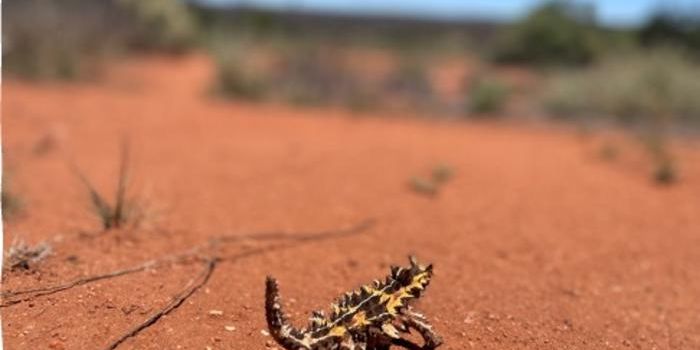Nitrogen-Loving Plants Are Overpopulating Britain's Roadsides
As you drive down the road and gaze off to the side, you may see a variety of plants growing near the roadside. But new claims made by the British charity Plantlife underscores how plant diversity near Britain’s roadsides isn’t as pronounced as it once was.
Image Credit: Pixabay
An array of factors, comprised of air pollution and inadequate roadside plant management, appear to be to blame for the unfortunate circumstances.
"Our once colorful and botanically diverse road verges are becoming mean, green thickets where only thuggish species can thrive," said Trevor Dines, a botanist with the charity Plantlife.
The primary issue is that many of Britain’s beautiful wildflowers are becoming overrun by nitrogen-loving plants, such as bramble, cow parsley, and stinging nettles, which become super-charged by the nitrogen deposits found in passerby car exhaust fumes.
To make matters worse, plant management organizations might be mowing curbside plants too frequently, which prevents ideal plants from growing to optimal sizes. Instead, the continuous nitrogen deposits after each mow give the less desirable plants the upper hand concerning growth.
"The impact of air pollution on human health is well documented but how pollution affects plant life remains under-appreciated," Dines continued.
"Poor management has combined with pollution to create a perfect storm. Councils have adopted an over-eager regime that sees flowers cut down before they can set seed and the mowings left on the verge simply add to the soil richness."
Related: How some plants communicate with one another via underground signals
The analysis reveals how both factors have a considerable impact on roadside plant life diversity, but there could be a light at the end of the tunnel.
Cars are becoming more environmentally-friendly as time goes on, so it could just be a matter of regulating mowing frequency more efficiently to give the underdog plants a better chance of thriving amid their hostile nitrogen-loving competitors.
It should be interesting to see how local authorities will act on the situation. The fate of Britain’s beautiful roadside meadows may hang in the balance.
Source: BBC









